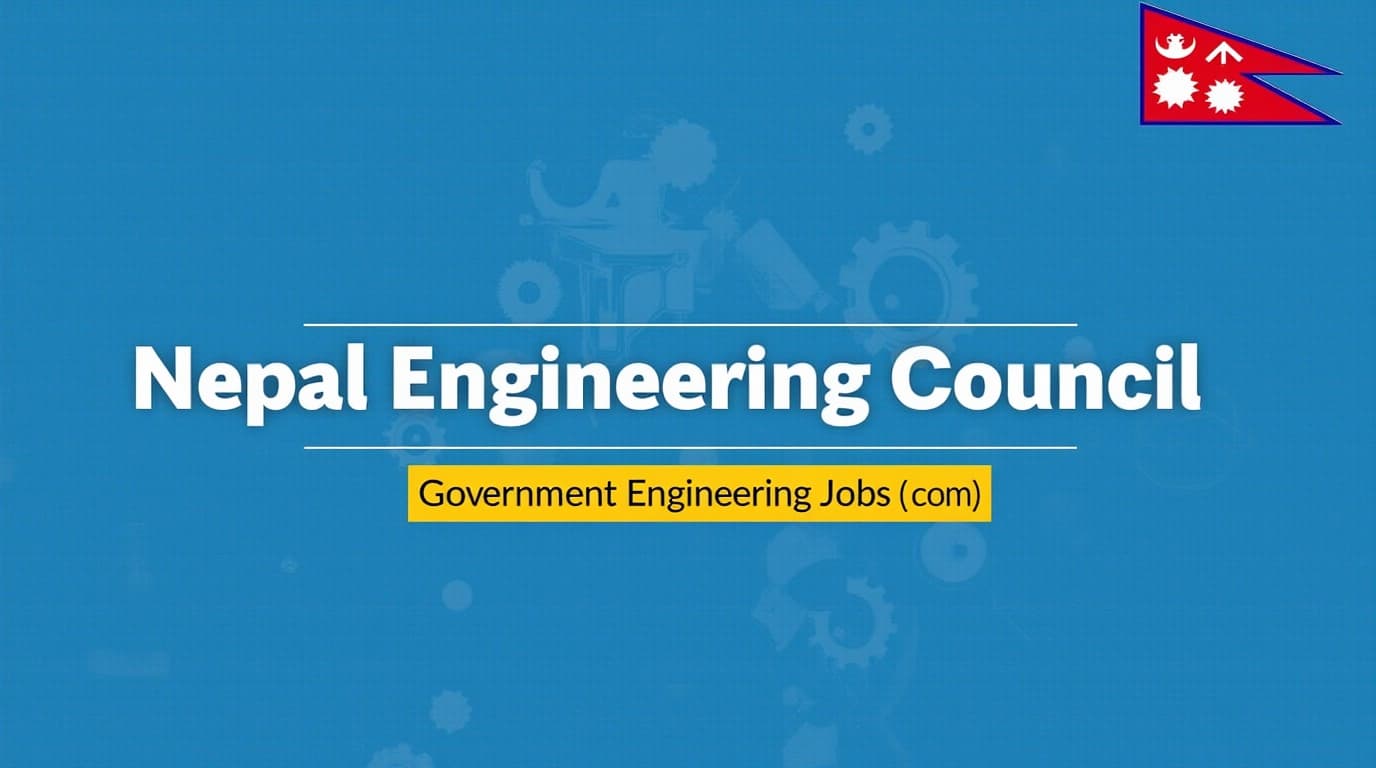Why Smart Students Fail Loksewa: 7 Common Preparation Mistakes That Derail Even Brilliant Minds

Every year, thousands of Nepal’s brightest students—engineering graduates, master’s degree holders, and academic toppers—sit for Loksewa exams with high confidence. Yet surprisingly, many of these intellectually gifted candidates fail to clear even the preliminary rounds. This phenomenon has puzzled educators and aspirants alike: Why do smart students fail Loksewa when average students succeed?
The answer lies not in intelligence, but in strategic preparation mistakes that brilliant minds often make. Let’s explore the seven critical errors that cause smart students to stumble in their Loksewa journey.
The Intelligence Trap: Why Being Smart Can Be a Disadvantage
Before diving into specific mistakes, it’s crucial to understand why intelligence sometimes becomes a liability in competitive exams like Loksewa. Smart students often rely on their natural abilities rather than developing systematic preparation strategies. They assume their academic success will automatically translate to Loksewa success—a dangerous misconception.
Research from Nepal’s educational patterns shows that while only 28.5% of engineering license exam candidates pass despite being highly educated, the failure rate stems from overconfidence and inadequate preparation methods, not lack of intelligence.
Mistake #1: Overconfidence Leading to Inadequate Preparation
The Problem:
Smart students often underestimate Loksewa’s difficulty level. Having excelled in university exams through last-minute studying, they apply the same approach to Loksewa preparation. This overconfidence manifests as:
- Starting preparation just 2-3 months before the exam
- Believing their existing knowledge is sufficient
- Skipping foundational topics they think they “already know”
- Not practicing enough MCQs
Real Example:
A Reddit user shared: “I studied 13-14 hours daily for 3 months, gave my 100%, exam ramro garya, pass marks jatiko milya thyo, but naam niskena.”
The Solution:
- Start preparation at least 8-12 months in advance
- Treat Loksewa as a completely different challenge from academic exams
- Take diagnostic tests early to identify knowledge gaps
- Maintain humility throughout the preparation process
Mistake #2: Over-Studying Without Strategic Focus
The Problem:
Intelligent students often fall into the “more is better” trap. They collect multiple books, study 12+ hours daily, and try to master everything. However, this approach leads to:
- Information overload without retention
- Burnout and mental fatigue
- Poor time management during actual exams
- Analysis paralysis from too many study materials
The Reality Check:
As noted in preparation guides, studying 6-8 hours with full focus is more effective than 12 hours of unfocused reading. Quality beats quantity in Loksewa preparation.
The Solution:
- Follow the 80/20 rule: Focus on high-weightage topics
- Limit yourself to 2-3 reliable sources per subject
- Schedule regular breaks and maintain work-life balance
- Practice active recall instead of passive reading
Mistake #3: Ignoring the Specific Loksewa Exam Pattern
The Problem:
Smart students often prepare for Loksewa like they would for university exams. They focus heavily on theoretical understanding while neglecting the specific demands of competitive exam formats:
- Not practicing MCQ-solving techniques
- Poor time management skills
- Unfamiliarity with negative marking patterns
- Lack of speed and accuracy training
The Evidence:
Analysis of Loksewa toppers reveals that successful candidates spend 40% of their time on theory and 60% on practice, while unsuccessful smart students often reverse this ratio.
The Solution:
- Dedicate equal time to practice tests and theory
- Develop elimination techniques for MCQs
- Practice speed tests regularly
- Study previous years’ question patterns thoroughly
Mistake #4: Neglecting Current Affairs and General Knowledge
The Problem:
Academically brilliant students often excel in technical subjects but underestimate the importance of current affairs and general knowledge. They assume these subjects are “easy” and can be covered quickly. This leads to:
- Inadequate coverage of Nepal-specific GK
- Poor performance in current affairs sections
- Lack of regular news reading habits
- Underestimating the weightage of GK sections
The Statistical Reality:
General Knowledge and Current Affairs typically constitute 30-40% of Loksewa preliminary exams, making them crucial for success.
The Solution:
- Read newspapers daily for at least 30 minutes
- Maintain a current affairs diary
- Focus heavily on Nepal’s geography, politics, and economy
- Use multiple sources for GK preparation
Mistake #5: Weak Answer Writing Skills
The Problem:
Many smart students excel at understanding concepts but struggle with presenting their knowledge effectively in exam conditions. Common issues include:
- Poor handwriting affecting scoring
- Inadequate structure in descriptive answers
- Time management problems during written exams
- Not following word limits and instructions
Real Insight:
A Loksewa preparation expert notes: “Even if you know everything, poor presentation can cost you valuable marks in descriptive papers.”
The Solution:
- Practice writing answers daily
- Develop a standard answer structure (Introduction-Body-Conclusion)
- Work on improving handwriting speed and clarity
- Time yourself while writing practice answers
Mistake #6: Isolation and Lack of Peer Learning
The Problem:
Intelligent students often prefer studying alone, believing they don’t need external help or group discussions. This isolation leads to:
- Missing out on different problem-solving approaches
- Lack of motivation and peer pressure
- No feedback on preparation strategies
- Missing important updates and tips
The Social Learning Advantage:
Research shows that candidates who engage in group studies or online forums perform 25% better than those who study in complete isolation.
The Solution:
- Join Loksewa preparation forums and groups
- Participate in group discussions regularly
- Share knowledge and learn from others’ experiences
- Seek mentorship from successful candidates
Mistake #7: Poor Mental Health and Stress Management
The Problem:
Smart students often push themselves too hard, leading to burnout and poor mental health. The pressure to maintain their “intelligent” image creates additional stress, resulting in:
- Anxiety during exam situations
- Perfectionism that hinders progress
- Neglecting physical health
- Mental fatigue affecting performance
The Research:
Studies on competitive exam stress show that candidates with poor stress management techniques are 40% more likely to underperform despite adequate preparation.
The Solution:
- Incorporate regular exercise and meditation
- Maintain social connections and hobbies
- Practice relaxation techniques before exams
- Seek help when feeling overwhelmed
The Path Forward: Smart Study Instead of Hard Study
The key to Loksewa success lies in working smarter, not just harder. Here’s how smart students can redirect their approach:
1. Develop Exam-Specific Intelligence
- Understand what Loksewa tests vs. what you know
- Adapt your learning style to competitive exam demands
- Focus on application rather than just understanding
2. Create a Balanced Preparation Strategy
- Allocate time based on exam weightage, not personal interest
- Include all subjects, even those you consider “easy”
- Regular assessment and course correction
3. Embrace Systematic Practice
- Daily MCQ solving sessions
- Regular mock tests under exam conditions
- Continuous performance analysis and improvement
Conclusion: Intelligence + Strategy = Success
Being smart is an advantage in Loksewa preparation, but only when combined with the right strategy. The seven mistakes outlined above are not insurmountable obstacles—they’re learning opportunities. Smart students who recognize these pitfalls and adjust their preparation accordingly often become the highest-scoring candidates.
Remember, Loksewa is not just a test of intelligence; it’s a test of preparation strategy, persistence, and adaptability. Your academic brilliance, when channeled correctly, can be your greatest asset in achieving Loksewa success.
Key Takeaway: Success in Loksewa comes from combining your natural intelligence with strategic preparation, consistent practice, and proper exam technique. Don’t let your smartness become a handicap—make it your strength through focused, strategic preparation.
Are you a smart student preparing for Loksewa? Avoid these common mistakes and channel your intelligence effectively. Start your strategic preparation today, and remember: it’s not about studying harder, it’s about studying smarter.




